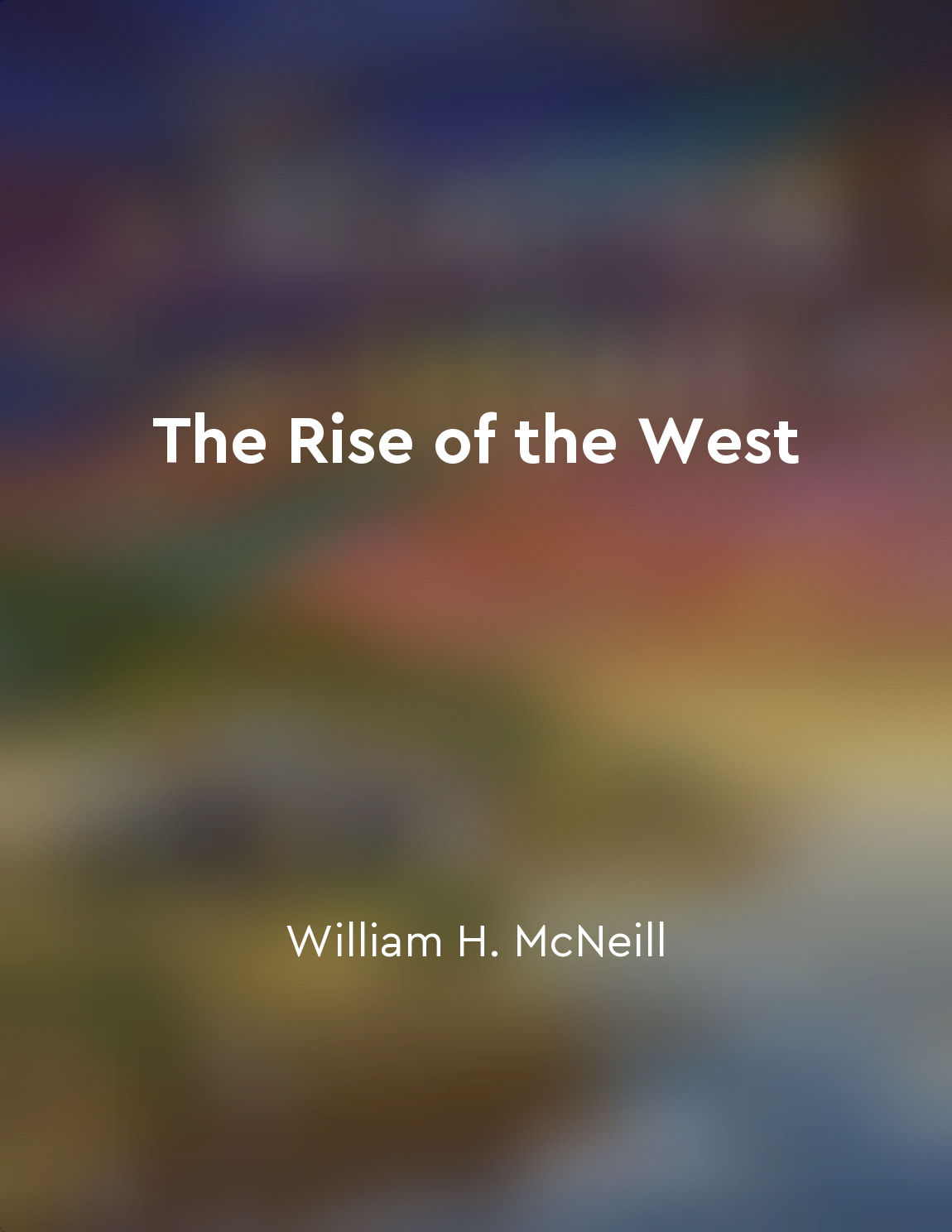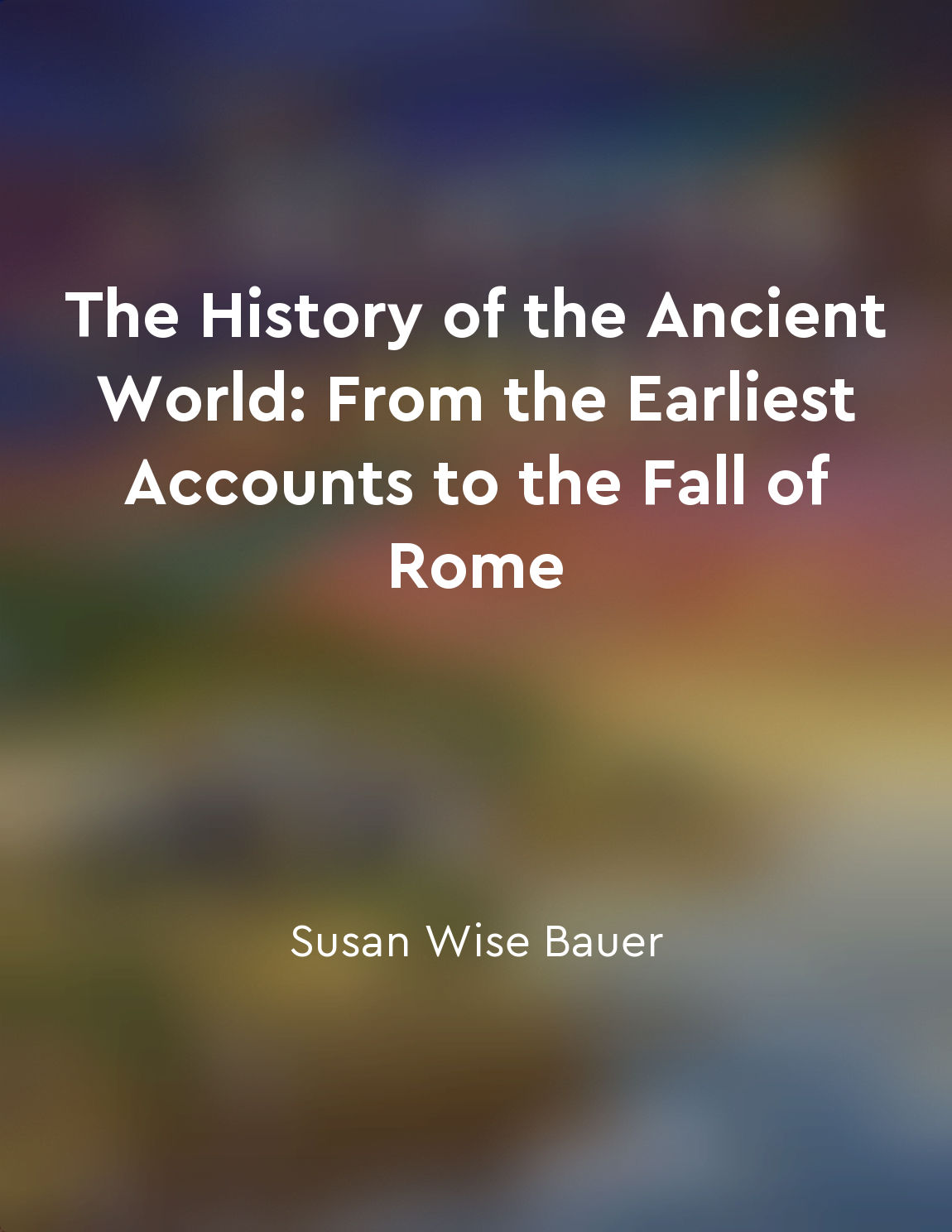The citystate was a fundamental political unit from "summary" of The Greeks by Paul Cartledge
The city-state, or polis, was the basic building block of ancient Greek society. It was a self-contained community that functioned as an independent political entity. Each city-state had its own government, laws, and customs. The city-state was more than just a political unit; it was also a cultural and social entity. Citizens of a city-state shared a common identity, language, and religion. The city-state was a small-scale society, typically consisting of a city and its surrounding countryside. The citizens of a city-state had a strong sense of loyalty and allegiance to their polis. They participated in the political life of the city-state through assemblies, councils, and other institutions. The city-state was a place where citizens came together to make decisions, debate issues, and resolve conflicts. The city-state was also a military unit. The citizens of a city-state served as soldiers in times of war, defending their polis against external threats. The city-state was a symbol of unity and strength, a source of pride and identity for its citizens. The city-state was more than just a political unit; it was a way of life. The city-state was a distinctive feature of ancient Greek civilization. It was a product of the geography and topography of Greece, with its rugged terrain and scattered islands. The city-state was a response to the challenges of the ancient world, providing security, stability, and a sense of belonging to its citizens. The city-state was a dynamic and evolving institution, adapting to changing circumstances and responding to new challenges. The city-state was a fundamental political unit in ancient Greece, shaping the course of history and influencing the development of Western civilization. The city-state was a complex and multifaceted entity, embodying the values, beliefs, and aspirations of its citizens. The city-state was the foundation of Greek democracy, philosophy, art, and literature. The city-state was a source of inspiration and innovation, a model of civic virtue and democratic governance.Similar Posts
It is a tool for personal and societal advancement
The concept of utilizing knowledge as a tool for personal and societal advancement underscores the importance of education and ...

Legal systems adapt to changing societal needs
The evolution of legal systems is intricately connected to the changing needs of society. As societies progress and undergo tra...

Economic growth leads to societal changes
Economic growth, as I have sought to demonstrate in this work, has played a crucial role in shaping societies throughout histor...

Migration patterns reflect economic disparities and political conflicts
Migration patterns across history have often been influenced by economic disparities and political conflicts. The movement of p...

Conclude with the enduring legacy of the ancient world in shaping the modern era
The ancient world, with its rich tapestry of cultures, beliefs, and achievements, has left an indelible mark on the modern era....
